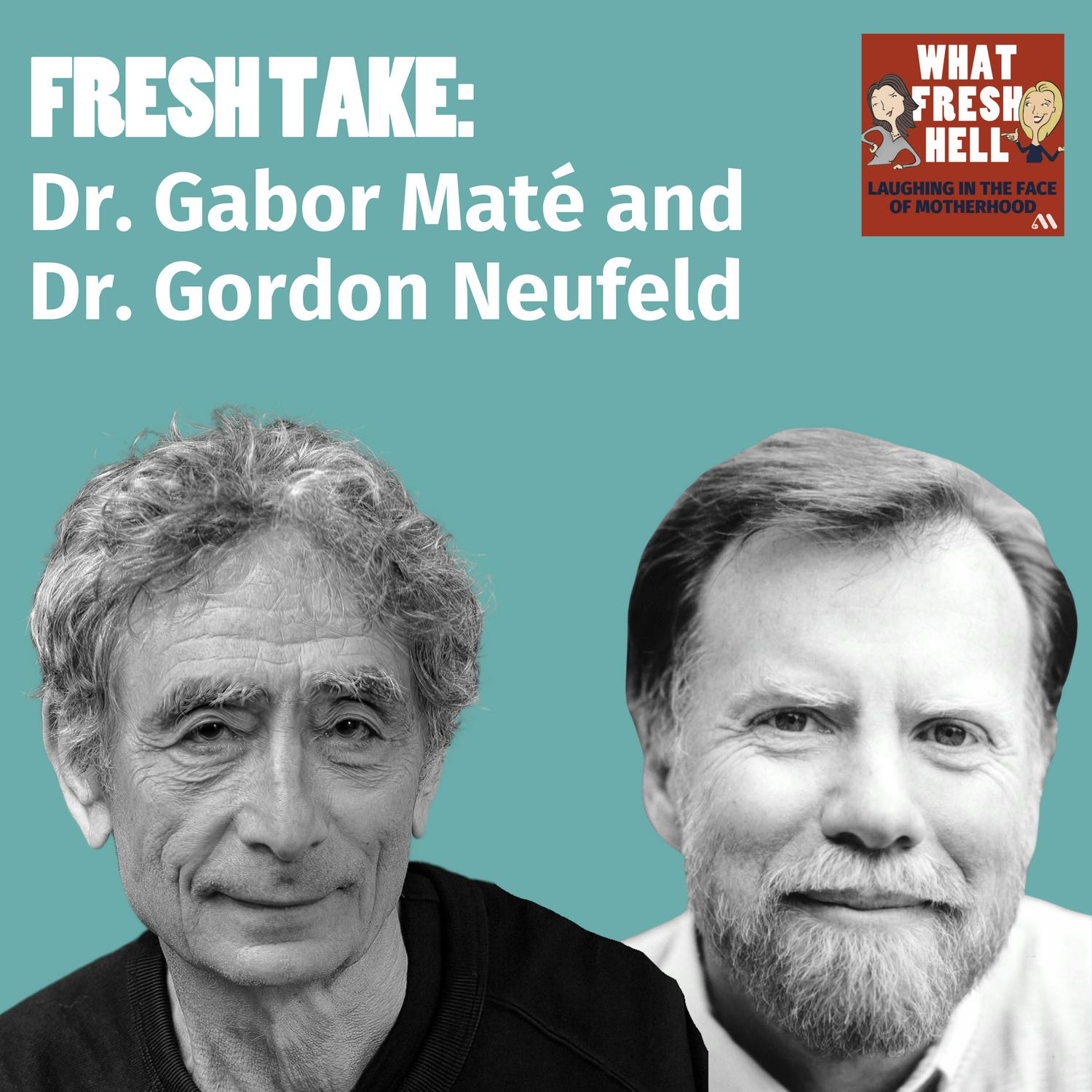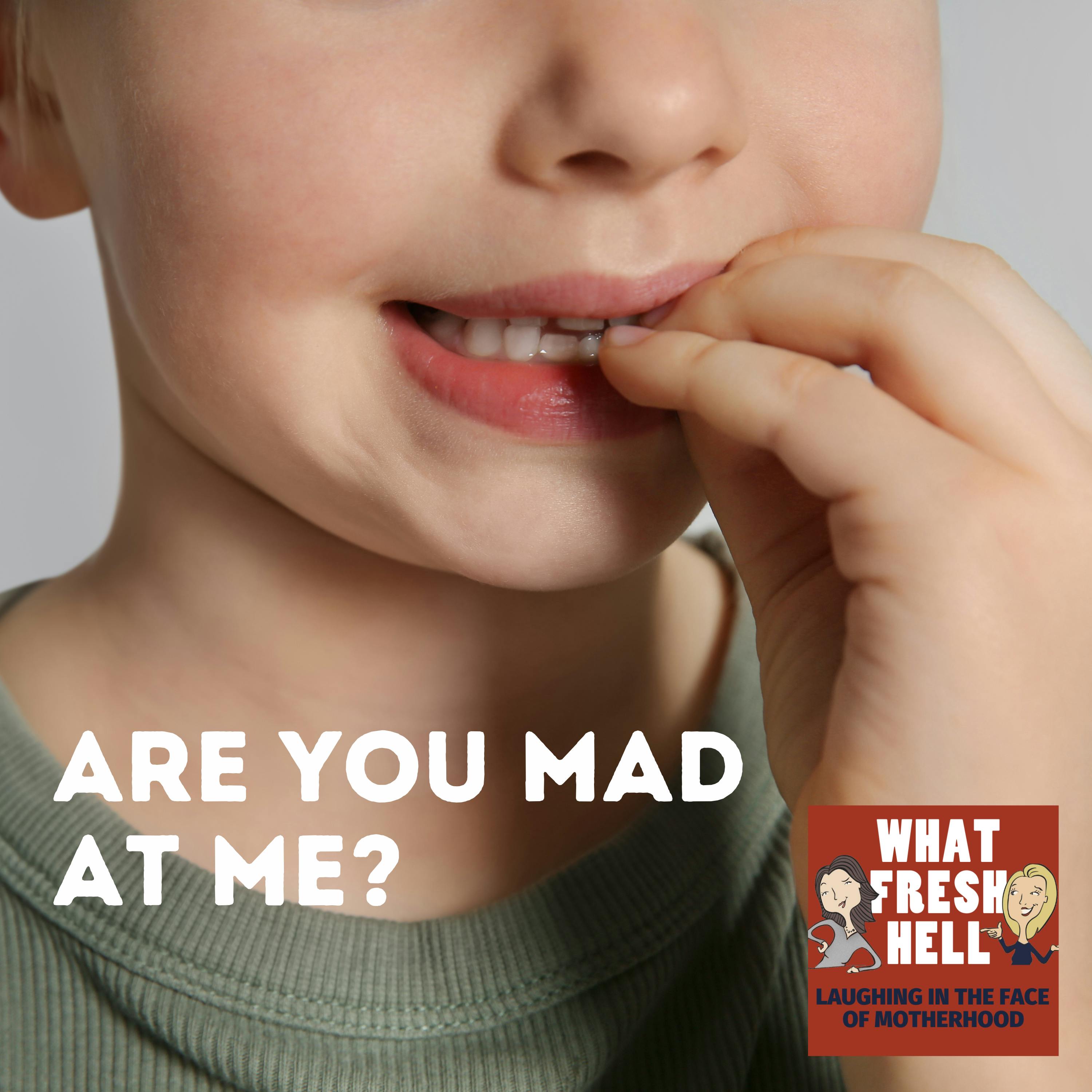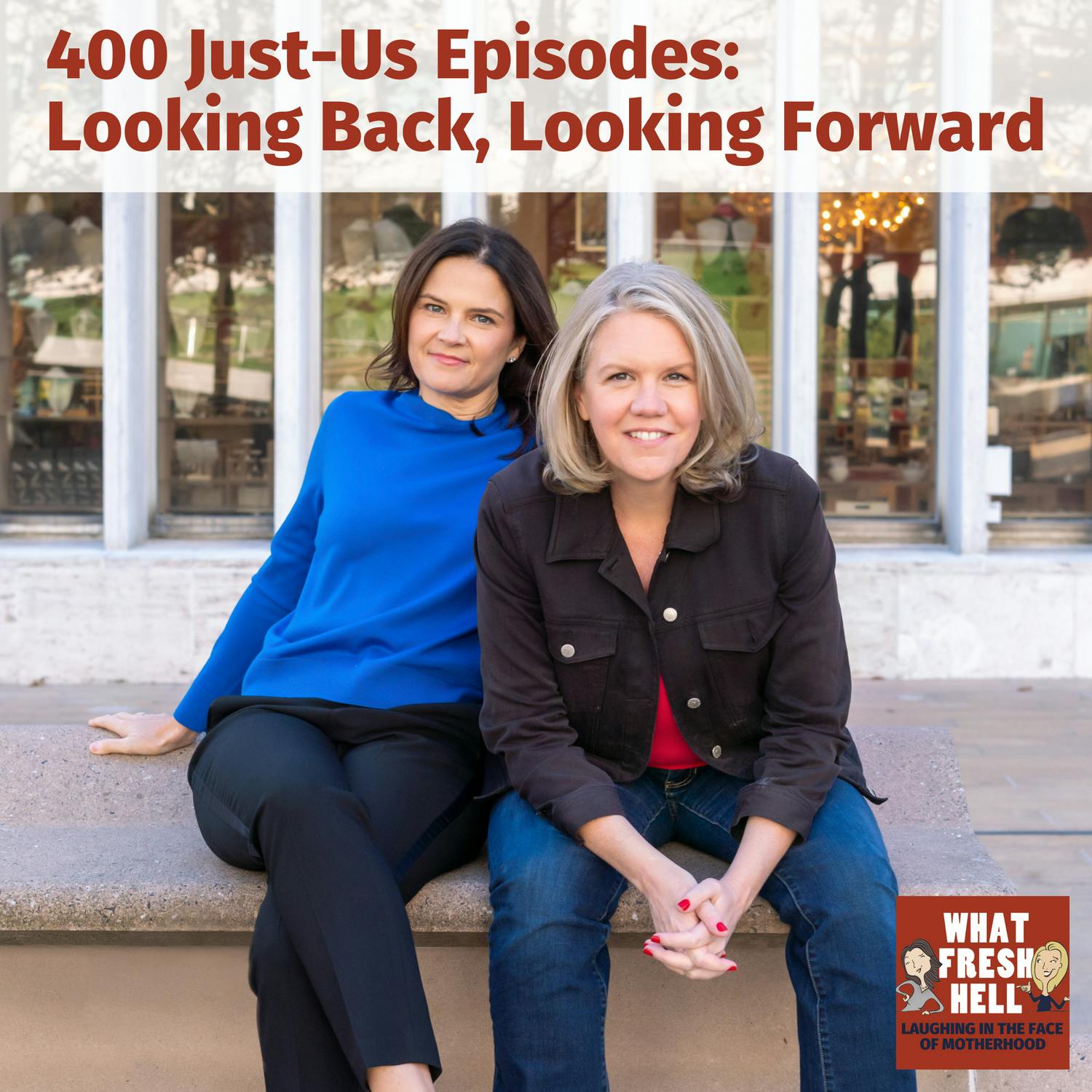Fresh Take: Kat Vellos On Friendship and Connection
Making friends as adults? Hard work. Seeing the friends we already have? Weirdly difficult. Post-pandemic social stamina? Not exactly helping. Kat Vellos, author of WE SHOULD GET TOGETHER, explains how to get intentional about the connection we need.
How is it possible to find ourselves lonely in the midst of crazy-busy lives? Why does adulthood mean you only see people you really like twice a year? How did friendship get so complicated?
Kat Vellos is a trusted expert on the power of cultivating meaningful friendships in adulthood. She’s the author of We Should Get Together: The Secret to Cultivating Better Friendships, a book which has beenn helping adults around the world heal from disconnection and loneliness. Her follow-up book, Connected from Afar: A Guide for Staying Close When You’re Far Away, is filled with connection-boosting exercises to help us cultivate closeness and belonging no matter how far away we are from the ones we love.
In this episode, Kat and Amy discuss
- the paradox of our increasingly busy lives, with more opportunities to meet people, and our decreasing feelings of connection
- how to overcome our decreased "social stamina" as we come out of the pandemic
- our main challenges to connection– and how to get intentional about getting the amount of connection that is just right for each one of us
Check out weshouldgettogether.com for all of Kat's books and calendars, plus tons of resources to help you cultivate better friendships.
Find out more about Kat's talks and coaching at katvellos.com.
Special thanks to this month's sponsors:
Athletic Greens supports your sleep quality, energy, immune system, and more with just one scoop per day. Get a 1-year supply of Vitamin D and 5 free travel packs at athleticgreens.com/laughing.
Bedtime Stories with Netflix Jr. is a new podcast that will lull your kids to sleep with 15-minute stories featuring their favorite Netflix Jr. characters! Subscribe wherever you listen to podcasts.
Betterhelp Start taking charge of your mental health– no matter where you live! Go to betterhelp.com/fresh to get 10% off your first month of counseling.
Daily Harvest delivers delicious harvest bowls, flatbreads, smoothies, and more built on organic fruits and vegetables. Go to dailyharvest.com/laughing to get up to $40 off your first box!
flowkey lets you learn piano at your own pace. Go to flowkey.com/whatfreshhell to receive 7 days of Flowkey Premium for free and 20% off the first year of an annual subscription.
Indeed guarantees you'll find quality applicants that meet your must-have requirements-- or else you don't pay! Upgrade your job post with a $75 sponsored job credit through March 31st at indeed.com/laughing.
KiwiCo projects make science, technology, engineering, art, and math super fun. Get 50% off your first month at kiwico.com with the code MOTHERHOOD.
Membrasin is the totally natural, estrogen-free, clinically-proven feminine moisture formula. Go to membrasinlife.com to find out more and use the code FRESH10 to get 10% off.
Peloton has a workout for every goal, day, and mood: everything from boxing and dance cardio to yoga and meditation. Visit onepeloton.com to learn more.
Prose now makes supplements personally tailored to address your specific cause of hair shedding. Get your free in-depth consultation and 15% off your custom hair supplements at prose.com/laughing.
School Toolbox makes shopping for school supplies for your kids easier– and also creates fundraising opportunities for your school! Find out more at schooltoolbox.com/whatfreshhell.
StrollerCoaster is a podcast for parents of kids of all ages created by Munchkin, the most loved baby brand in the world. Subscribe wherever you listen to podcasts.
Thrive Causemetics are high-performing beauty and skin-care products made with clean, skin-loving ingredients. Get 15% off your first order when you visit thrivecausemetics.com/whatfreshhell.
Learn more about your ad choices. Visit megaphone.fm/adchoices





















